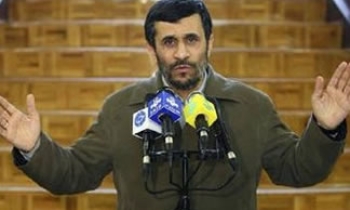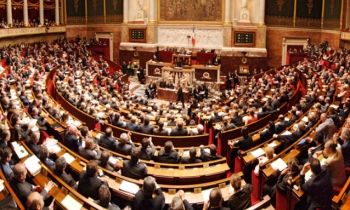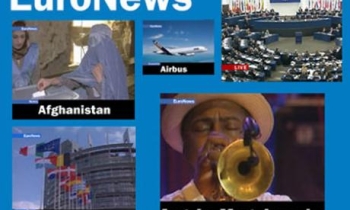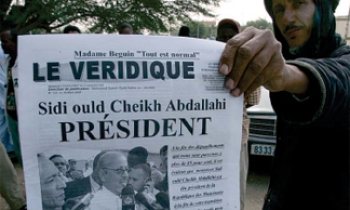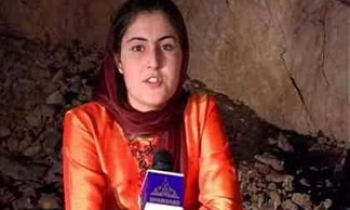The World Association of Newspapers (WAN) has rejected a request by the China Newspaper Association to withdraw the Golden Pen of Freedom awarded to journalist Shi Tao, who was imprisoned for writing about restrictions on the media in the run-up to the anniversary of the Tiananmen Square massacre.

The China Newspaper Association had protested to WAN against the decision to award the 2007 Golden Pen to Shi, claiming that the Chinese court "handled the case according to law and made the appropriate sentence" and that the Chinese constitution protects press freedom.
In rejecting the request, WAN CEO Timothy Balding said: "We are not at all impressed by the fact that this and other cases were dealt with ’according to the law’ and by courts. If the law does indeed make it possible to send a journalist to jail in such a case, the law should be abolished without delay, since it would be in contradiction with every conceivable international standard and convention on freedom of information and human rights."
The Golden Pen of Freedom will be awarded to Shi at the 60th World Newspaper Congress, 14th World Editors Forum and Info Services Expo 2007, to be held in Cape Town, South Africa, from 3 to 6 June. More than 1,500 newspaper publishers, chief editors and other senior newspaper executives are expected to attend the events, the global meetings of the world’s press. The Golden Pen of Freedom is WAN’s annual award recognising individuals or organisations that have made an outstanding contribution to the defence and promotion of press freedom.
"The Chinese constitution may well, as you note, guarantee the ’people’s freedom of speech as well as press freedom’," Balding said in a letter to the Chinese association. "Unfortunately, this guarantee is a mere fiction and such freedoms simply don’t exist in China, as I’m sure you are perfectly aware. Indeed, if they did, Shi Tao would not be in prison today and nor would dozens of other journalists."
Shi is serving a 10-year sentence on charges of "leaking state secrets" for writing an email about media restrictions in the run-up to the 15th anniversary of the Tiananmen Square massacre in 2004. The email was picked up by several overseas Internet portals — and also by Chinese authorities, with the assistance of Yahoo. The internet service provider gave state security authorities details of Shi’s email usage that ultimately allowed them to trace the message to a computer he used at the newspaper where he worked, the Dangdai Shang Bao (Contemporary Business News).
"It is completely absurd to characterise Shi Tao’s actions as leaking state secrets," Balding said. "He distributed information about censorship orders given out to the media by the Propaganda Department. The orders instructed them how to cover the 15th anniversary of the Tiananmen events. Are such orders perhaps the freedom of the press that your constitution allegedly protects? No, of course not, which is why Shi Tao took the courageous decision, which any professional reporter in a democracy would also do, to disseminate this information.
"I must add, frankly, that we are greatly disappointed that your organisation, which is supposed to represent newspapers and to protect their interests, finds that sending a reporter to jail for 10 years is ’an appropriate sentence’, " said Balding, who provided the Chinese association with details of the cases of Shi and eight of the many other journalists imprisoned in China.

